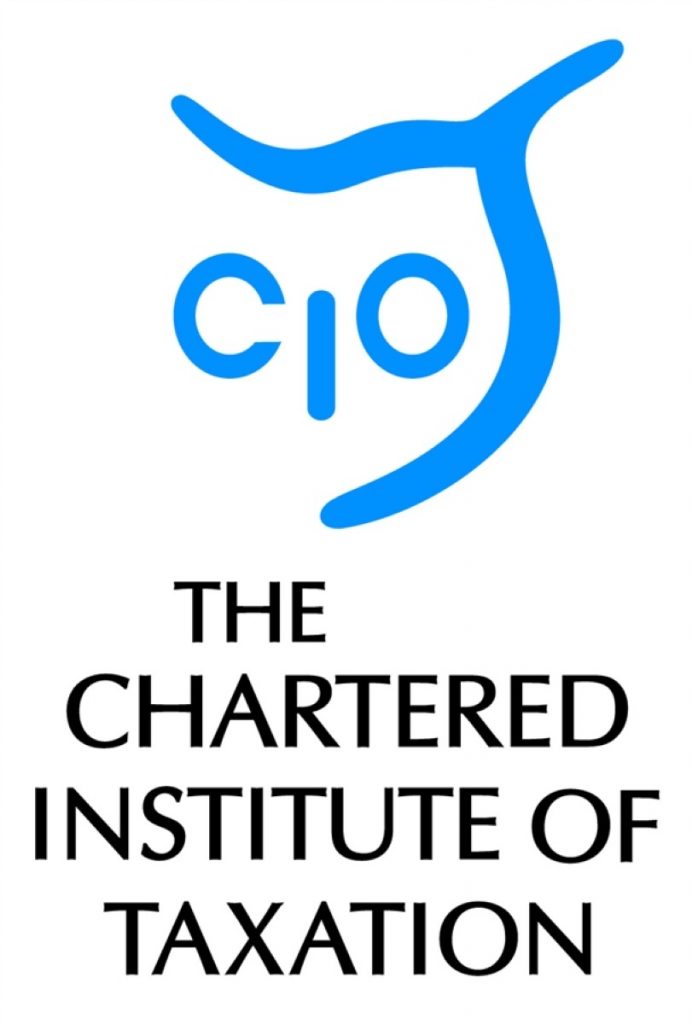The Low Incomes Tax Reform Group (LITRG) is urging anyone who has not yet filed their online self-assessment tax return with HMRC for the year ended 5 April 2015, to do so by the end of this month or risk being charged more money.
HMRC’s next round of late filing fines kick in on 1 May 2016, when the tax authority is allowed to charge taxpayers with overdue tax returns £10 per day until the return is submitted. These fines are on top of the £100 fixed penalty that HMRC will already have charged people for missing the statutory filing deadline of 31 January 2016.
The additional £10 per day penalty can be charged for a maximum of 90 days and so anyone who still has a return outstanding at the end of July will have accumulated fines of £1,000 in total. They are also likely to incur a further penalty of at least £300 if the return is not filed by 31 July 2016.
Anthony Thomas, LITRG Chairman, said:
“Automatic penalties for late submission of self-assessment tax returns take no account of the amount of tax an individual owes. They are the same for everyone – even if you owe nothing at all or are owed tax back. Those on low incomes who may be struggling to deal with the tax system alone can very easily fall foul of them simply due to being insufficiently aware of their tax obligations.
“Importantly, the fines can be appealed against if you have a reasonable excuse for filing the return late. This might include situations such as prolonged ill-health, bereavement, or family breakdown – to give just a few examples.
“We would strongly urge anyone with an overdue return to submit it as soon as possible; and to do so online as a paper return for 2014/15 will already attract the maximum £1,000 penalty. You can then appeal against the fines by writing to HMRC to explain why the return has been filed late.”
Notes for editors
1. The 31 January deadline assumes that the 2015/16 tax return was issued by HMRC on or before 31 October 2015. If a notice was issued after that date, the taxpayer has three months to complete it, starting with the date of issue.
2. In all cases full details must be sent to HMRC and it may be that a combination of reasons, rather than any single reason, together may constitute a reasonable excuse. In any case, any outstanding returns should be lodged and outstanding taxes paid without further delay. The law on reasonable excuse requires that a default must be remedied within a reasonable time after the excuse has ceased. It is also important to remember that penalty notices will normally be issued automatically, so individuals will have to appeal against a penalty if they wish to claim a reasonable excuse. This should be done within 30 days of the penalty notice being issued, and full details of why the return was late should be given. An appeal form SA370 can be found on GOV.uk: https://www.gov.uk/government/publications/self-assessment-appeal-against-penalties-for-late-filing-and-late-payment-sa370
3. If you need help with completing the return you should contact HMRC as soon as possible on 0300 200 3310. Textphone for people with hearing or speech impairment is 0300 200 3319. People who need extra help should tell HMRC of their needs. Further guidance is available on the LITRG website: http://www.litrg.org.uk/getting-help#extra. Some people with limited means may be able to get help from the tax charities – see http://www.litrg.org.uk/getting-help#mig
Those who can afford to pay for advice and need help with a tax dispute may wish to get help from a Chartered Tax Adviser – see http://core.tax.org.uk/ or http://core.att.org.uk/
Contact: Hamant Verma, External Relations Officer, 0207 340 2702 HVerma@ciot.org.uk (Out of hours contact: George Crozier, 07740 477 374)





-01.png)